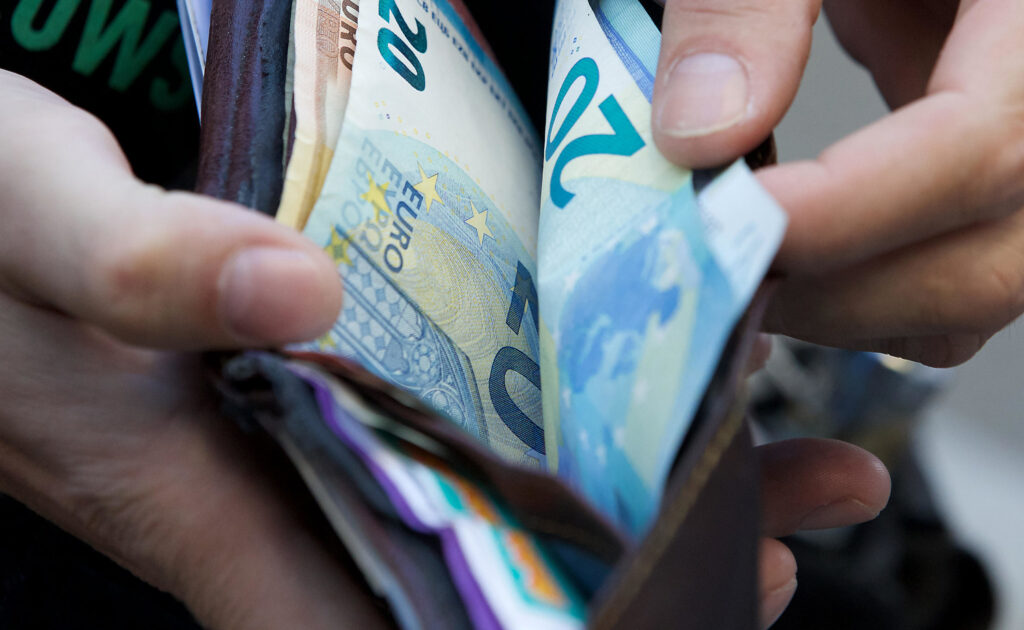Belgium has often been seen as a paradise of income equality. However, a recent study by Belgian universities has now shown the level of wealth inequality is more significant than previously thought – and it is on the rise.
Two years ago, Belgium had low income inequality which had remained stable, according to an OECD report. This was due to extensive tax and transfer policies and strong institutionalised social dialogue.
"Belgium's Gini coefficient [representing a country's inequality on a scale from 0 (perfectly equal) to 1] is one of the lowest in the OECD," the report read. It noted that Belgium performed better than its neighbouring countries.
However, other studies have now argued that this is not the case. One study published earlier this year showed that Belgium's wealth is not well distributed, as the average wealth is almost €200,000 more than the median wealth. More than two million people in the country live in poverty or are financially insecure. Meanwhile, the wealthiest 10% of Belgian households own 55% of the country's net wealth.
A more recent study by KU Leuven, UAntwerpen and ULB has confirmed this.
Inequality on the rise
While income surveys paint a good picture of income from employment, they say much less about people's wealth. Moreover, wealthy people are less likely to participate in such surveys.
The KU Leuven, UAntwerpen and ULB study therefore used other sources, including a survey of (income from) wealth, tax returns and national accounts. For the period 2003-2022, the Gini coefficient using the former method was an average of 0.262, while it was as high as 0.339 based on this new data.
It not only found that inequality is higher than conventional surveys show, but it is also less stable than previously thought. The downward trend which was recorded in Belgium until about 2010 is coming to a halt. Since the financial crisis, income inequality has been increasing.
This is due to increasing inequality in income from assets, which remained under the radar in previous studies. Since 2010, this income has grown more than gross domestic product (GDP) – the total value of goods and services a country produces.
Related News
- Belgian families wealthier than EU average, says National Bank
- Belgium moves towards a more egalitarian distribution of wealth
Inequality within that property income has also increased sharply. This is due to the long period of low interest rates on savings accounts, as well as other fixed-income products such as bonds. These are relatively widely distributed among the public, but income from this has melted away.
Meanwhile, income from more risky capital, such as dividends from equities, as well as undistributed corporate profits – both concentrated in a smaller part of the population – has increased sharply. This explains why inequality in income from assets has shot up.
Still, researchers stressed that Belgium is still in another category than the United States or Germany, for example, where the main increase in equality was recorded in wages. In Belgium, wage inequality has remained stable.

